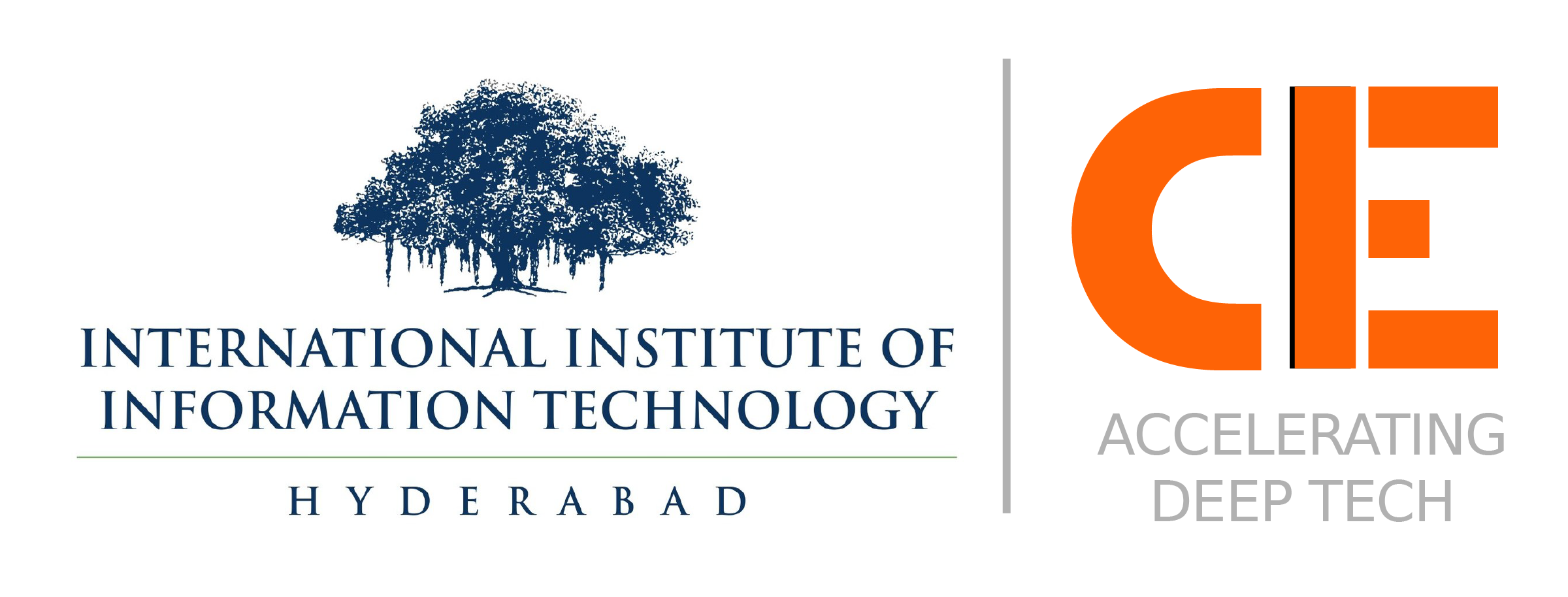The space for Deep technologies is booming with more and more startups deploying technologies to solve some of the pressing problem statements. The current pandemic pushed researchers, entrepreneurs, industries and government to realise further the importance of adopting emerging technologies when the conventional ways are no longer effective to solve such problems.
Deep technologies take time to build in labs and even longer to commercialise. Unlike innovation in business, innovation in lab, developing a MVP and then finding the Product-market fit is comparatively a grey area and could not be one-fit-all technologies.
Contrary to still a common opinion, it is enormously difficult to build a deep tech product fit to market.
So, what makes India a hub for over 1200 Deeptech startups and Hyderabad the second biggest abode for Deeptech startups? And why the numbers are gushing further?
It takes an ecosystem from R&D to first customer and several actors supporting a Deeptech Startup at different stages. These actors are called as Enablers.
Broadly, considering the Hyderabad ecosystem, the key enablers for a Deeptech Startup are:
- Academic/Research Institutions
- Incubators and Accelerators
- Investors
- Corporates
- Government
- Industry bodies
Academic and Research Institutions aiding in building tech from scratch
Academic and research institutions work to actively develop their research into marketable products and services. Hyderabad has many academic bodies and research institutions working in the area of IT Tech, Agri, Health, etc. Some of the prominent Deeptech supporting institutions are IIITH, IITH, UoH, BITS Pilani, CCMB, ICRISAT, ISB etc.
Incubators & Accelerators nurturing startups through hand-holding
Incubators and accelerators directly work with innovators and entrepreneurs. As such, they play an important role in nurturing startups in their early stages and act as the one- stop-shop for their needs. In addition to these incubators nested in various academic institutions, Hyderabad also has many independent non-profit and for-profit incubators which provide support to the startup community such as CIE IIITH, i-TIC, BioNEST etc. Some of the prominent non-academic incubators and accelerators are T-Hub, TLabs, SLP etc.
Investors buttressing startups through capital
One of the most contributing factor for the gushing number of Deeptech startups is the rising investment pattern by Investors. Hyderabad has a reasonably good investor community, both institutional and private individuals. Investments are also available in various models like debts and equity. Some of the active sources are Hyderabad Angels Network (HAN), Caspian, IIIT Seed fund, Go North Ventures, Inflexor Tech fund, Endiya Partners etc.
Corporates acting as lampposts for the Startup’s journey
The corporate sector is active in innovation, startup, Social impact space in Hyderabad.
Through their innovation programmes, they seed startups. Also, corporates can be the customers to startups as well as SMEs in a more inclusive manner. In addition, they use the corporate networks to support startups and SMEs. But the level of involvement differs from corporate to corporate. Some of the active members are PwC, TCS and Qualcomm JV, Microsoft, M12 (formerly Microsoft Ventures, Pernod Ricard India Foundation (PRIF), Boeing, HDFC, Rural Electrification Corporation, CYIENT. Other corporates that are known to work with innovators, entrepreneurs and ecosystem enablers include UTC, BDL, Honeywell, Medtronic, Novartis and Amazon.
Government – The umbrella for Startups
The Government of India is indirectly involved in support through initiatives such as: Startup India – runs the largest online entrepreneurship platform allowing startups to network, access free tools & resources and participate in programmes & challenges. Atal Innovation Mission(AIM) – an organisation set up by NITI Aayog for innovation, bringing together various stakeholders in innovation and entrepreneurship.
Government of Telangana is active in supporting both startups and ecosystems at multiple levels with both policy direction and direction interventions. The Innovation policy of the state provides a variety of financial and non- financial incentives for both Startups and incubators and ecosystem interventions. Some direct interventions are through setting up T-Hub, Telangana State Innovation Council (TSIC) and Research and Innovation Circle of Hyderabad (RICH). The Government has created a vertical for emerging technologies which focus on 8 key emerging technologies such as Blockchain, AI, IoT, Cloud, 3D Printing, VR/AR, Robotics and Big Data.
Industry Bodies building capabilities through resources
After government, industry bodies are one of the most influential players in the ecosystem. They not only provide programmatic and resource-based support to startups and SMEs via their networks, but also play an important role in policy advocacy. Some of the eminent bodies are Federation of Indian Chambers of Commerce and Industry (FICCI), National Association of Software and Service Companies (NASSCOM), Hyderabad Software Enterprises Association (HYSEA), Telangana VFX, Animation & Gaming Association (TVAGA), Indian Chamber of Commerce (ICC) etc.
Ecosystem enablers are imperative for Deeptech startups from inception to success. As per a report by BCG, Deep tech collaborations rely less on a central orchestrator and more on multifaceted interactions among participants. Deep tech ecosystems are nascent and operate in emerging—and therefore not yet stabilised—technologies and industries.
The Hyderabad Startup ecosystem is growing faster than ever, with stakeholders actively working together to make it the best place for innovation to prosper and startups to grow into successful companies. Though there are nearly all the enablers needed to support a Deeptech Startup throughout its journey, the depth of engagement needs a deeper analysis to identify gaps and opportunities.
In the subsequent accounts, we would analyse some of the stakeholders for their type and depth of engagement and set the scope towards progress in their contribution for Startups.
Until next time!
|Stay healthy, Stay safe|
– Sunita Kumari, Team CIE


